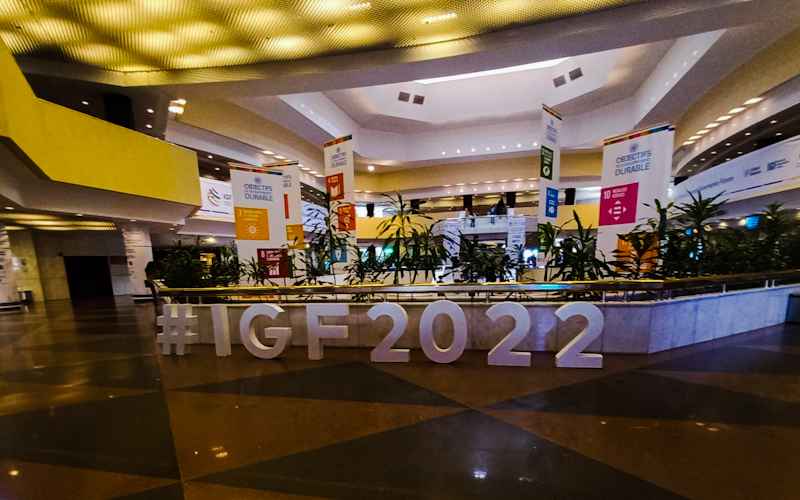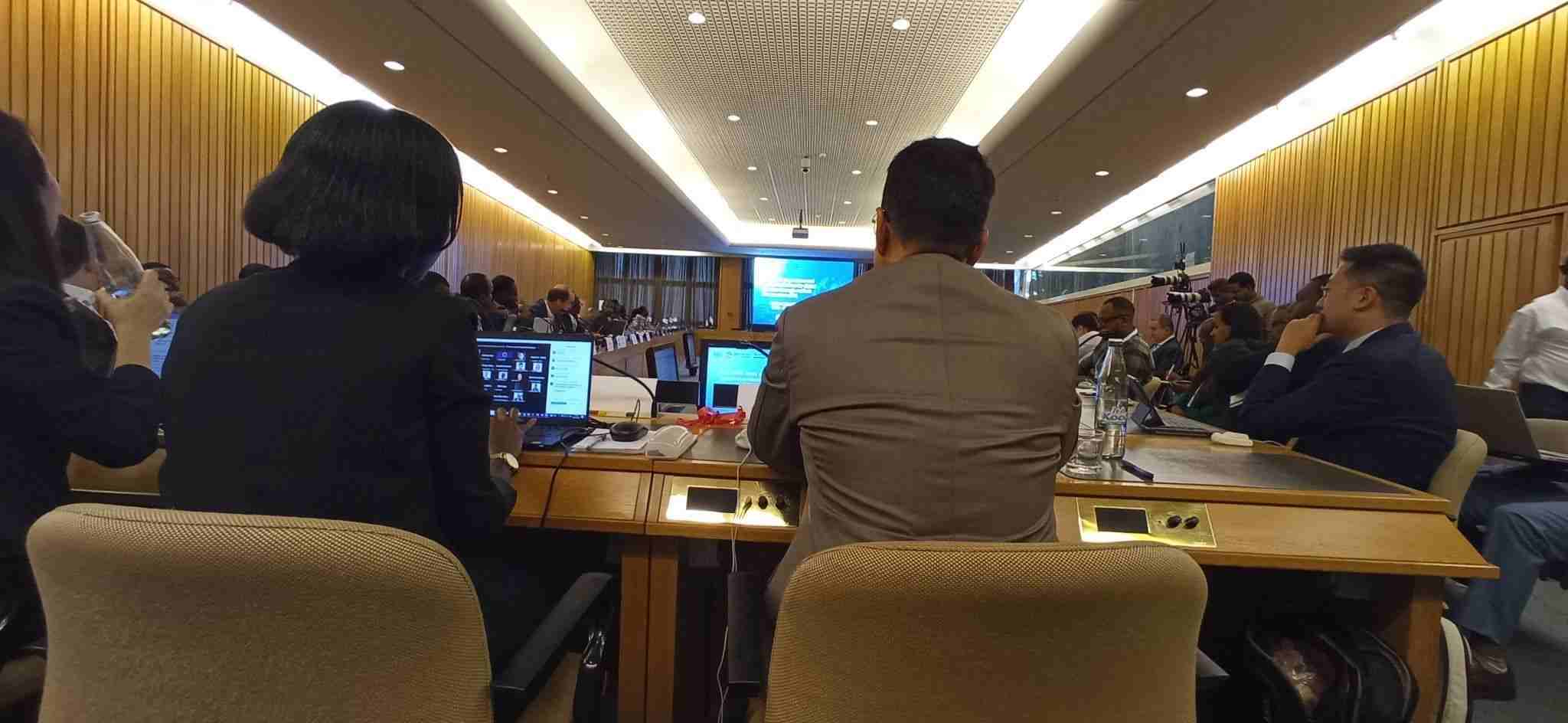I tried to guess the odds of anyone reading this article identifying as a “vulnerable person.” You probably think you do not fit the definition of a vulnerable person right now. Let’s see if that changes when you finish reading this article.
One session focused on vulnerable persons. Vulnerable groups are persons with disabilities and specific needs, including indigenous people, people living in rural areas, women, girls, youth, children, and the elderly. This definition emerged during an IGF event on best practices and recommendations for digital inclusion through resilient infrastructure.
Mr. Sameer Sharma of the International Telecommunication Union (ITU) quoted WHO statistics to help attendees understand how many people are impacted to various degrees by the lack of digital inclusion.
The Numbers
“An estimated 1 billion people live with disabilities which is 15% of the world population, out of which 80% live in developing Nations. The infirmities and disabilities are real drivers of exclusion and poverty,” he said.
The WHO estimates that the number of people with visual impairments is around 285 million; 39 million are blind. People over 50 years old account for 82% of all blind people. Further, there are 466 million people with disabling hearing loss, some 6.1% of the global population. It is estimated that by 2050, 1 in 10 people will be suffering from disabling hearing loss.
These numbers are worthy of our attention, and it is ridiculous to imagine designing an essential product to exclude hundreds of millions worldwide.
We Can’t Outrun Vulnerability
It is as if it is almost inevitable that at some point in life, one will become part of a vulnerable group if they aren’t already. Age, calamities, health, and socioeconomic status changes are life facts that create vulnerabilities.
Now imagine that joining the ranks of society’s vulnerable will impact your access to meaningful information negatively.
What Created this Digital Divide
Dr. Fredrick Kanobe of Kyambogo University pointed out that we live in an era of high-level technology. “We are proud of Artificial Intelligence (AI). We are talking cloud computing. We are talking about virtualisation. We are automating our systems, and in that situation, we expect the majority of our people to be digitally literate and highly connected.”
However, the reality is that there is still significant digital illiteracy and 90% of the four billion people who are not digitally connected are from developing countries.
Some issues are causing this digital exclusion for vulnerable groups, including poor ICT infrastructure in rural areas compared to urban centres, inadequate access because of high data costs, and unreliable internet connectivity. Lack of digital skills and the low socioeconomic status that often characterises vulnerable populations also contributes to this exclusion.
How KICTANet is Fighting Digital Marginalization
KICTANet is making great strides in bridging the digital gap in informal communities through the community networks program. The organisation is also making conscious efforts to advocate for ICTs access and Equality for persons with disabilities via a recently launched fellowship program.
In the words of Mr. Sharma— If you look at women’s ability to access accurate information, it directly impacts their survival and disaster resilience and that of the wider community. There is a need for an innovative and culturally sensitive approach to helping more women and girls to empower themselves with digital technologies.
KICTANet couldn’t agree more with these sentiments. We have had digital training series for women in leadership and a feminist tech exchange for structurally marginalised women. These workshops were made possible by the Association for Progressive Communications partnership in the Our Voices of the Future (OVOF) program and geared towards bridging the vulnerability gap.
_______________________________________________________
Florence is attending the 17th IGF summit at Addis Ababa. She is an ICT Access and Equality Fellow for persons with disabilities. She wants to know if you are an a11y. @flo_ouma
![]()





